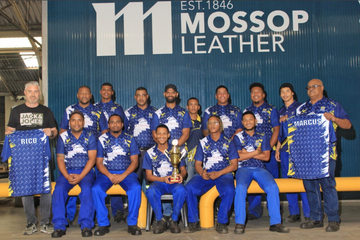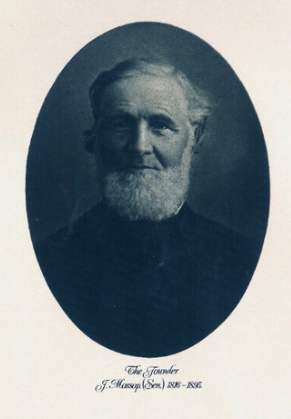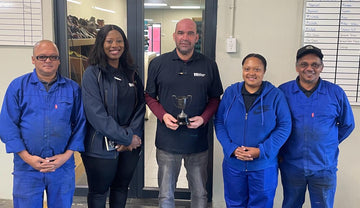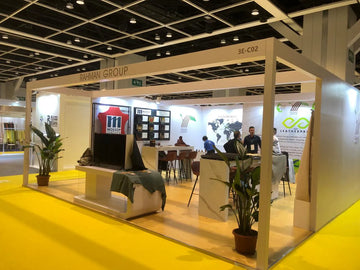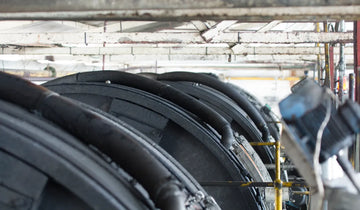
At Mossop Leather, we’re thrilled to share a major milestone in our journey towards sustainability: we’ve achieved GOLD RATED status from the Leather Working Group (LWG)! This certification builds upon our previous audit in 2022, where we attained a Silver rating. Our new Gold rating highlights our unwavering commitment to ethical, sustainable practices and sets us apart as one of the most environmentally conscious tanneries on the African continent. Both our audits in 2022 and now in 2024 were conducted by ITG GmbH Environmental Technology, based in Germany; a highly respected firm renowned for its rigorous auditing standards regarding LWG practices. We are immensely proud and appreciative of the dedication and hard work of our operations team in achieving this result.
There are tanneries, and then there’s Mossop Leather—more than just a tannery.
What is LWG Gold Certification
The Leather Working Group (LWG) promotes sustainable practices in leather manufacturing through a rigorous audit protocol. This evaluates environmental performance in areas such as water and energy usage, waste and chemical management, air and noise emissions, and traceability. Manufacturers are awarded certifications at three levels based on audit scores: Gold (85%+), Silver (75-84%), and Bronze (65-74%).
A Gold certification signifies industry-leading environmental practices, including efficient resource use, reduced water and energy consumption, proper waste handling, and responsible chemical management. Traceability ensures transparency in sourcing raw materials like hides and skins.
While LWG certification focuses on environmental impact, it does not address labor or social practices. Achieving a Gold rating enhances a manufacturer’s reputation, appealing to environmentally conscious consumers and brands seeking sustainable materials. This certification underscores a commitment to sustainability, making it a key differentiator in the global leather industry.



{Above: View from above our solar power plant, A physical manifesto of our LeatherPrint, and our Learnership program in action}
A Holistic Approach to Sustainability
Achieving this Gold rating is more than just an accolade; it’s a testament to our commitment to sustainable manufacturing. Over the years, we have refined every aspect of our operation to reduce our environmental impact, enhance our economic activity, and uplift our community through various social initiatives.
- Solar-Powered Facilities: Our tannery operates on solar energy, reducing our reliance on fossil fuels.
- LeatherPrint® Initiative: is our ongoing commitment to implementing a conscientiousness of the environment, society and economic activity.
- Learnership Programmes: We invest in our people, providing skills training and development to empower the next generation of manufacturers.
Carrying Forward a Legacy
Our commitment to quality and community dates back to our founder, John Mossop. His values continue to guide us as we uphold the highest standards of ethical leather production, while striving to honour the planet and its resources.
Today, we blend traditional craftsmanship with cutting-edge sustainability practices, proving that quality and environmental responsibility can go hand-in-hand in the leather industry, creating both premium products and meaningful employment.
What’s Next?
This achievement is just the beginning. We have several exciting projects underway—some still under wraps 🤫—that will drive further progress and accomplishments in our holistic sustainability journey. Through these initiatives, we aim to set new benchmarks in sustainable leather production, not only in Africa but globally. As we look to the future, we remain steadfast in our commitment to innovation and continuous improvement, leading the way towards a more responsible and sustainable leather industry.
Our mission is further encouraged by the recent update to the Higg MSI, which reduces bovine leather’s environmental impact by up to 67%, thanks to comprehensive data from the LWG and Leather Naturally. This milestone reinforces leather as a sustainable material choice, supporting our commitment to responsible and transparent production practices.

We remain committed to nurturing future talent and addressing the high youth unemployment rate in South Africa. Young people are among the most affected by economic hardship, and skills development for the next generation is essential to alleviating these challenges. Addressing economic and social inequalities is crucial; without this foundation, promoting environmental stewardship becomes significantly more challenging.
Join us on this journey. Together, we’re showing the world that sustainability is the future of craftsmanship.
Thank you for being a part of our story and supporting us in our mission to leave a positive footprint in the leather industry.



